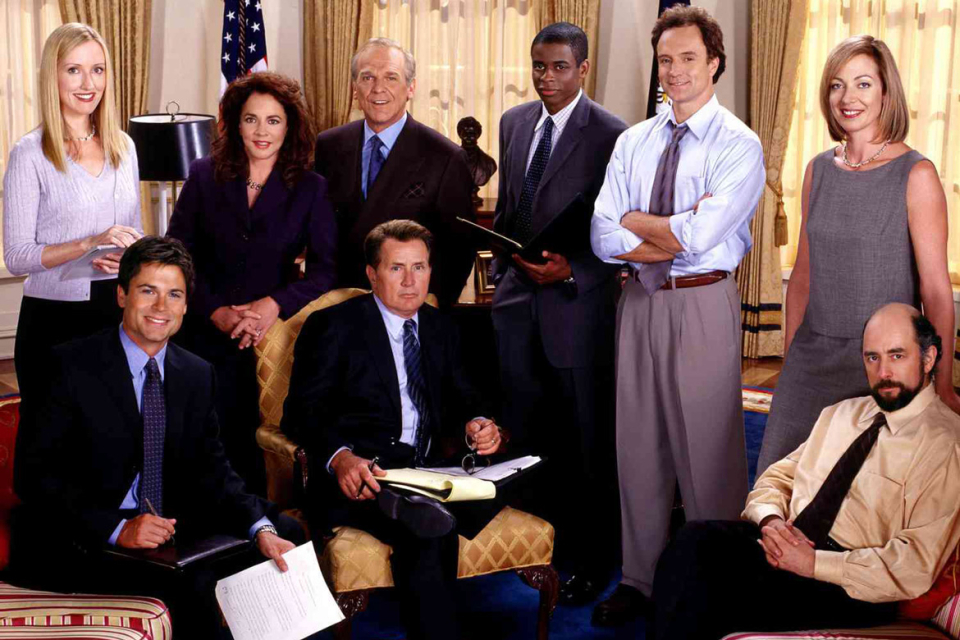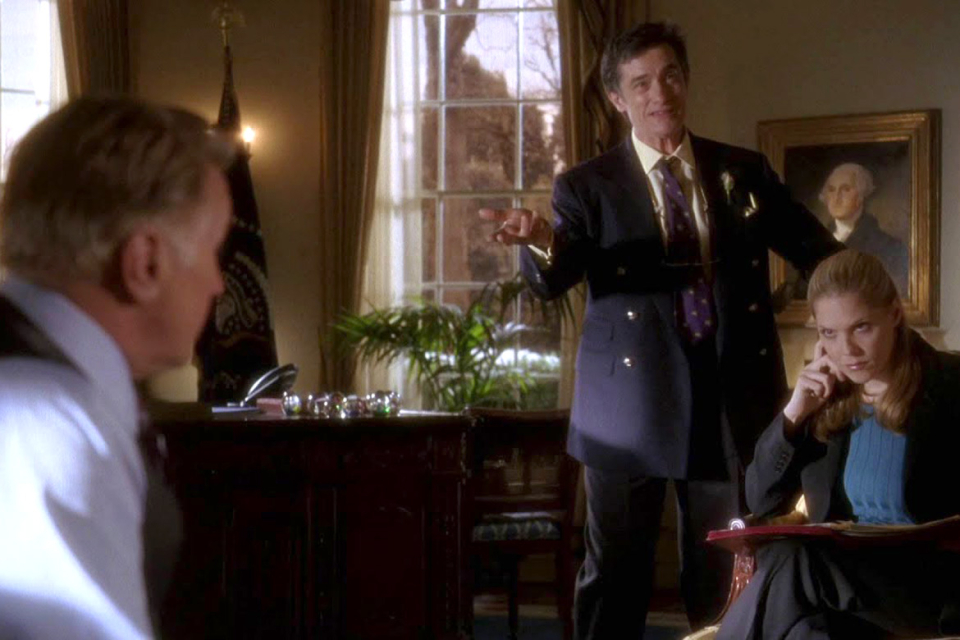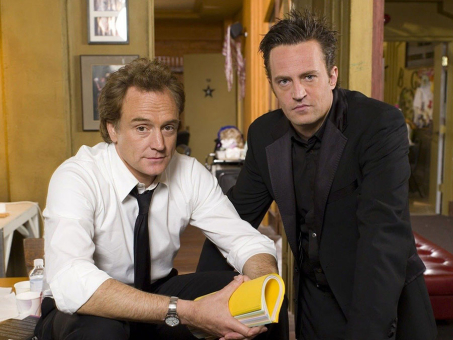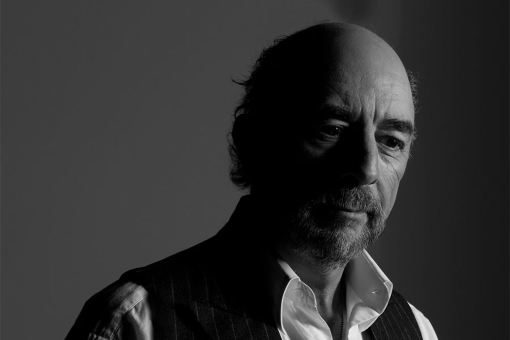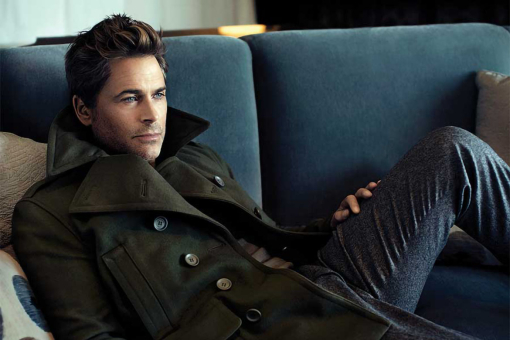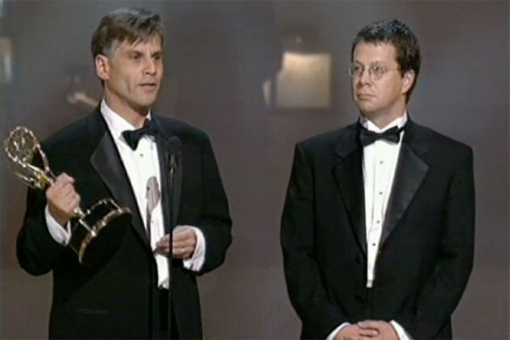The allure of The West Wing was always its heart.
Sure, the NBC drama (1999–2006) won 26 primetime Emmy Awards, but it remains beloved because it stressed doing the right thing for the greater good. Recent years have made the Bartlet Administration glow even brighter. That altruistic spirit threads through Melissa Fitzgerald and Mary McCormack’s new book, What’s Next: A Backstage Pass to The West Wing, Its Cast and Crew, and Its Legacy of Service. Fitzgerald played the press secretary’s assistant, Carol Fitzpatrick, before she left acting to work at All Rise, where she advocates for justice system reform. McCormack, who played Deputy National Security Advisor Kate Harper, is still acting (The Kids Are All Right, Heels).
Fitzgerald and McCormack interviewed over 100 people for the book, and in its 608 pages they weave behind-the-scenes anecdotes with passages about actors’ various causes. While shooting, for example, scenes were sometimes scheduled around Martin Sheen’s expected arrests for protesting. Other tidbits: The prop master dressed C.J.’s pet goldfish bowl with a teeny ballot box for an Election Day episode. One early casting idea had George Steinbrenner as president.
In their first interview about the book, the authors chatted with emmy contributor Jacqueline Cutler.
Television Academy: Why did this cast bond?
Mary McCormack: Martin! On day one, Martin was making sure that all the background artists ate the same menu and with the main cast and the producers. He just said simply, “Families eat together.”
It’s been 18 years since the finale. Why do people continue to love it?
Melissa Fitzgerald: It’s aspirational. It gives us hope. It’s what could be, and it’s us at our best. It’s democracy in action, with the messiness, beauty and intellect. The other thing is the show really asks us to pay attention, and it deals with a lot of issues we’re still dealing with today.
Which anecdotes resonate with you?
Fitzgerald: Oliver Platt — I think he was told to make it his own. He interpreted that as changing some of the words. As he’s sitting in the makeup chair, Aaron comes to talk to him. He realizes that’s not going to fly, and he said he had to stay up all night, learning it for the next day.
What surprised you while working on this?
Fitzgerald: How much I missed everybody. It wasn’t really a surprise, but it was great to hear that everybody kind of had the same experience Mary and I did — it was the time of our lives.
What would you like the book’s impact to be?
McCormack: One is just for fans — I hope they love it. Look, it’s already the longest book ever written.
Fitzgerald: We decided we’ll have a second book. This one’s called What’s Next. The next one will be called “What’s Left?”

